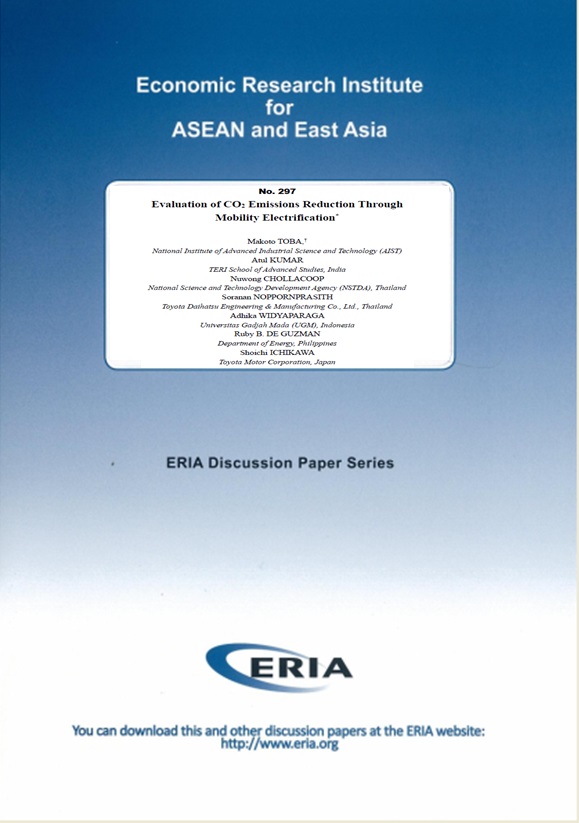Evaluation of CO2 Emissions Reduction Through Mobility Electrification

Date:
24 September 2019Category:
EnergyType:
Discussion PapersTags:
Electricity, Energy, Environment, VehiclePrint Article:
The introduction of electrified vehicles (xEVs) is expanding to reduce energy consumption and greenhouse gas (GHG) emissions in the transport sector. This study examined scenarios for India, Indonesia and Thailand; and simulated energy consumption reduction and GHG emissions quantitatively to elucidate effective methods for introducing electric vehicles that contribute to reducing GHG emissions. In countries with high GHG emissions from power generation, such as India and Indonesia, the introduction of xEVs alone cannot reduce emissions levels. A combination of alternative fuel promotion and the introduction of xEVs is effective for reducing energy consumption and GHG emissions in the transport sector




